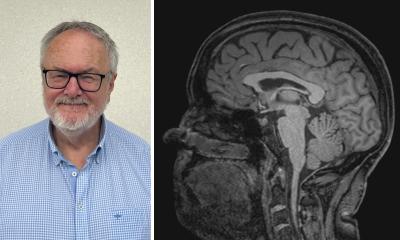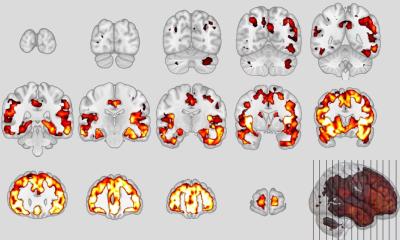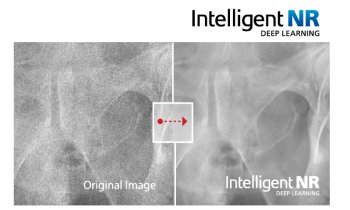Image source: Unsplash/Greg Rakozy
News • Machine learning for the mind
Astrophysics and AI team up for early dementia diagnosis
Crucial early diagnosis of dementia in general practice could improve thanks to a computer model designed in a collaboration between Brighton and Sussex Medical School (BSMS) and astrophysicists at the University of Sussex.
Currently, only two-thirds of people with dementia in the UK receive a formal diagnosis, and many receive it late in the disease process, meaning that a large number are missing out on the care that could help them achieve a good quality of life. The team, led by Dr Elizabeth Ford, Senior Lecturer in Primary Care Research at BSMS, used data from GP patient records to create a list of 70 indicators related to the onset of dementia and recorded in the five years before diagnosis.
As technology develops, we need to have wider conversations on whether we are happy with computers working out our chance of having life-changing conditions like dementia
Elizabeth Ford
Working with data scientists from astrophysics, they then tried several types of machine-learning models to identify patterns of clinical information in patient records before a dementia diagnosis. The best model was able to identify 70% of dementia cases before the GP, but also threw up a number of false positives.
Dr Ford said: “Patients appear to be exhibiting a wide range of indicators prior to being diagnosed with dementia. It can be really hard for GPs to connect all these indicators and make the link with dementia, but with a computer programme, we can potentially do that. Early diagnosis could make a significant difference to the care dementia patients then receive. These findings are exciting but they spark the need for discussion with GPs and patients about what place this kind of technology should have in the GP clinic. As technology develops, we need to have wider conversations on whether we are happy with computers working out our chance of having life-changing conditions like dementia.”
Seb Oliver, Professor of Astrophysics in the School for Mathematical and Physical Sciences, said: “It has been fantastic working on this project with Dr Ford and her team. It is always amazing to see how statistical methods such as AI and machine-learning can be used to extract useful information from data, whether that be images from space telescopes or GP patient records. Of course the statistics are only one part of the understanding and it is really exciting to work in new areas to try to understand the different challenges that those present."
Source: Brighton and Sussex Medical School (BSMS)
18.12.2019










